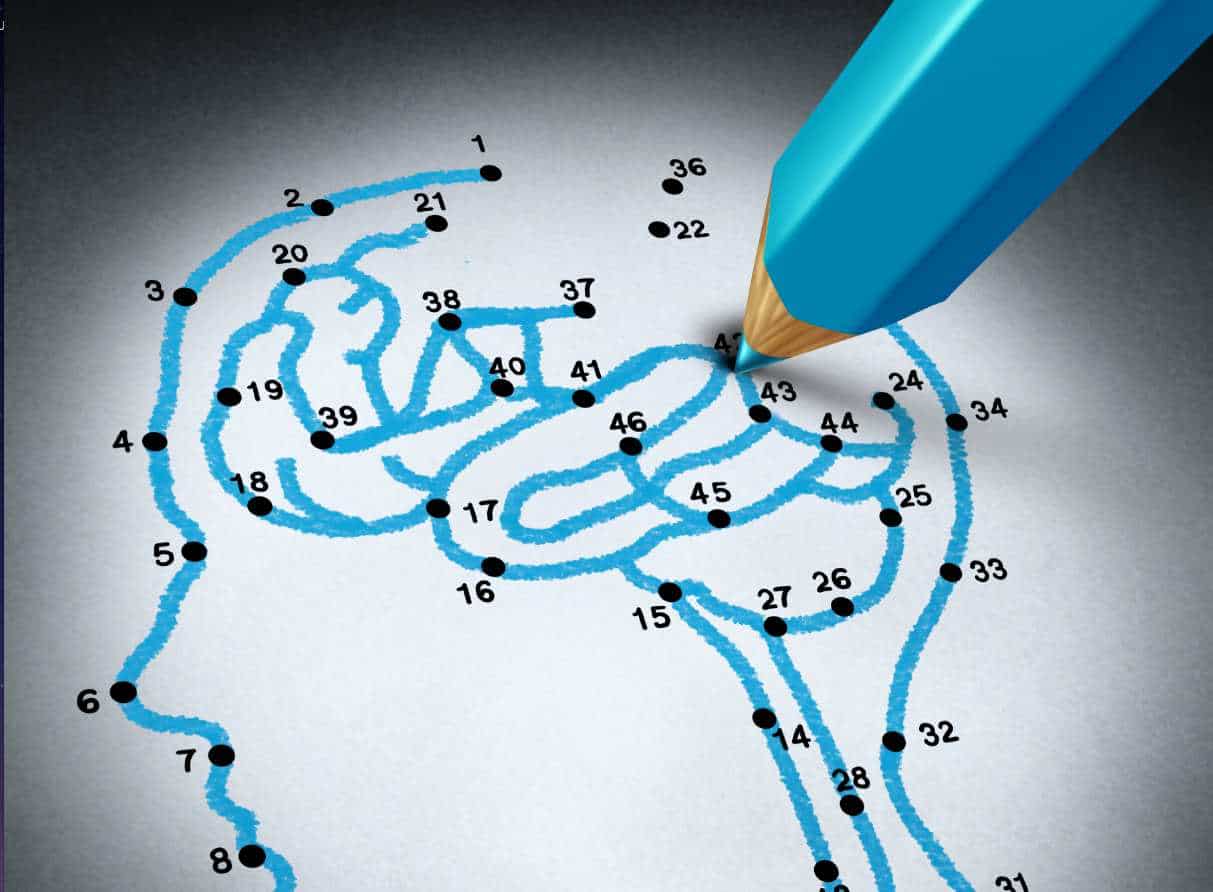
Amgen, Novartis and Banner Alzheimer’s Institute are to halt trials of their BACE1 inhibitor CNP520 (umibecestat) after some participants taking the drug saw their condition deteriorate faster than those on placebo.
The news is yet another sadly predictable addition to the litany of failures in Alzheimer’s research, with two other major candidates abandoned just this year.
It’s not the first time that a BACE inhibitor treatment has been discontinued because of signs that the drugs could actually accelerate cognitive decline in some cases, with Merck & Co, Janssen and Lilly reporting similar patterns in earlier failed BACE inhibitor candidates.
The drug class targets the beta amyloid cleaving enzyme (BACE), which plays a key role in the production of beta amyloid (Aβ) peptides. The hope has been that the drugs may reduce Aβ production, and thereby reduce amyloid plaque formations in the brain and in turn slow the progression of Alzheimer’s.
CNP520 was being studied in two pivotal phase 2/3 studies in the Alzheimer’s Prevention Initiative Generation Program, which was aimed at prevention or delay of the onset of Alzheimer’s disease in people at high risk for developing symptoms based on age and their genetic status.
Novartis and Amgen researchers were well aware of these problems seen in earlier BACE inhibitor trials, but had not detected them in their own early trials.
However an assessment of unblinded data during a regular pre-planned review uncovered worsening in some measures of cognitive function, and therefore decided to abandon the trial.

David Reese
“Our team joins the millions whose lives are impacted by Alzheimer’s disease in our disappointment that the Generation Program did not yield a treatment for Alzheimer’s disease prevention,” said David Reese, M.D., executive vice president of Research and Development at Amgen.
The failure of two other beta amyloid targeting agents this year – AC Immune and Roche’s crenezumab and Eisai and Biogen’s aducanumab has lead many to declare the need to draw a line under all agents targeting the peptides. Funding is now pouring into a number of entirely novel modalities, including approaching the disease as an immune system dysfunction.
Nevertheless David Reese says: “We still believe amyloid plays an important but complex role in Alzheimer’s disease. Although the outcomes of the research programme did not lead to the results we aimed for, we are committed to sharing our findings to help advance the medical and scientific community one step further toward finding a prevention for this devastating disease.”
The loss of CNP520 leaves just one major BACE inhibitor standing – Eisai and Biogen’s elenbecestat. The two firms, who have suffered their own late-stage failure this year – hope that this candidate is different from other drugs in the class, as it is unique in selectively inhibits BACE1 over BACE2.
Biogen and Eisai have reported a cognitive benefit in a small trial of their drug, and no sign of neuropsychiatric symptoms or increased atrophy, and in March a data safety monitoring board recommended its continuation into a phase 3 trial.
There is no word yet from Novartis on another of its candidates, anti-amyloid beta vaccine CAD106 (amilomotide), which was being tested in the Generation S1 trial alongside CNP520.




